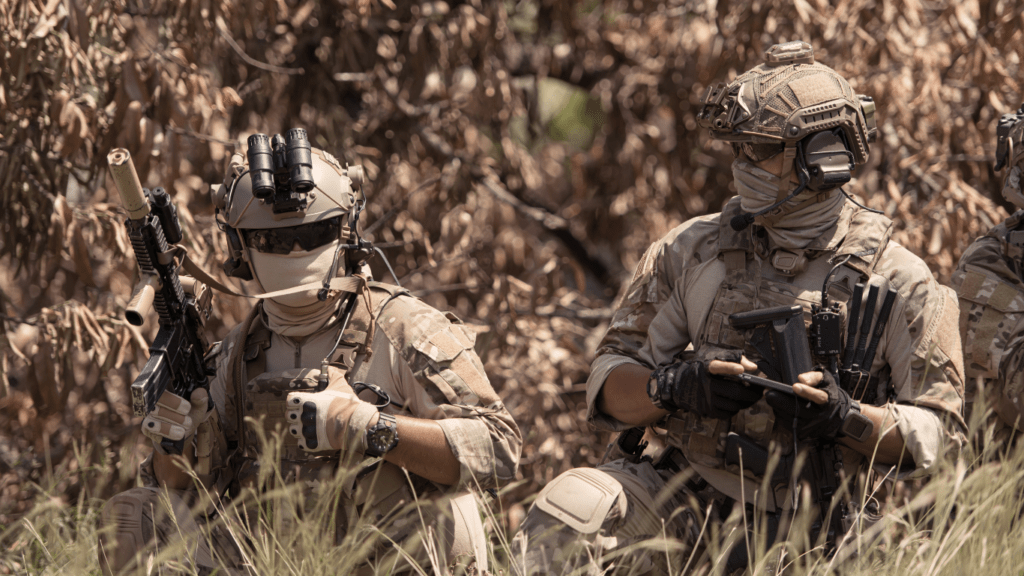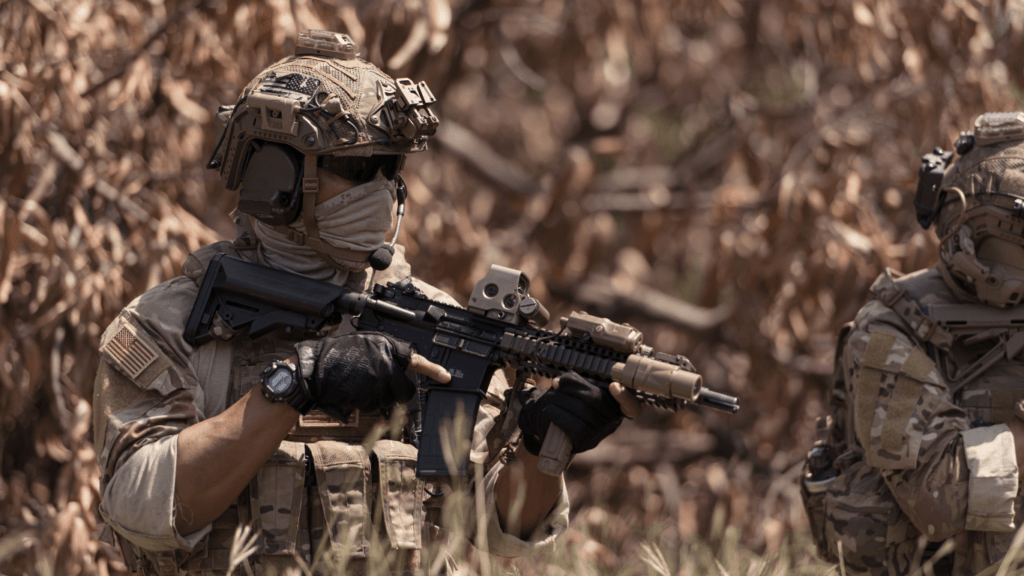In recent decades, the landscape of global terrorism has undergone a significant transformation, giving rise to complex and interconnected networks that pose a threat to international security. As I delve into the evolution of these terrorism networks, it becomes evident that they have adapted and evolved in response to changing geopolitical dynamics and advancements in technology.
Exploring the origins and growth of these networks reveals a web of ideologies, funding sources, and recruitment tactics that transcend borders and challenge traditional security measures. Through my research and analysis, I aim to shed light on the intricate web of relationships that sustain these networks and the implications they have on global security.
The Origins of Global Terrorism
Terrorism has a long history, with early examples dating back centuries. These early acts of terrorism were often used for political, religious, or ideological purposes to instill fear and achieve specific goals. The modern concept of terrorism began to take shape in the 20th century with the rise of international terrorism.
Early Examples of Terrorism
In ancient times, terrorism manifested in the form of assassinations, attacks on civilians, and the spread of fear to achieve political aims. One notable example is the Sicarii, a Jewish extremist group that carried out targeted assassinations in Roman-occupied Judea during the 1st century AD. Another example is the Thuggee cult in India, known for ritualistic assassinations and robberies in the name of the Hindu goddess Kali.
Rise of International Terrorism in the 20th Century
The 20th century witnessed the evolution of terrorism into a global phenomenon. Revolutionary movements, anti-colonial struggles, and ideological conflicts fueled the rise of international terrorism. Groups like the Irish Republican Army (IRA), Palestine Liberation Organization (PLO), and Red Army Faction (RAF) gained prominence for their campaigns of violence aimed at political change. The globalization of terrorism marked a shift towards transnational networks and attacks that transcended borders, posing significant challenges to national security agencies worldwide.
Key Milestones in Terrorism Evolution

As I explore the evolution of global terrorism networks, it’s essential to highlight key milestones that have shaped their trajectory over time.
Technological Advances and Terrorism
In the realm of terrorism evolution, technological advancements have played a pivotal role in transforming the landscape. The utilization of modern communication tools, encryption methods, and social media platforms has enabled terrorist organizations to amplify their reach and coordinate activities with increased efficiency. With the advent of the internet, recruitment, radicalization, and propaganda dissemination have transcended geographical boundaries, posing significant challenges for counterterrorism efforts.
The Role of Globalization
Globalization has been a driving force behind the evolution of terrorism networks on a worldwide scale. The interconnected nature of global economic, political, and social systems has facilitated the cross-border flow of ideas, funds, and operatives for terrorist groups. This interconnectedness has blurred traditional distinctions between domestic and international terrorism, necessitating a comprehensive approach to address the complex web of global terror threats.
Major Terrorist Networks and Their Impact
- Al-Qaeda and Its Legacy
Al-Qaeda, founded by Osama bin Laden, emerged as one of the most infamous terrorist networks globally. Responsible for the devastating 9/11 attacks on the United States, Al-Qaeda’s legacy continues to shape the landscape of terrorism. Its decentralized structure and resilient ideology have inspired countless other extremist groups and individuals to carry out acts of violence in its name. The network’s emphasis on asymmetric warfare and use of modern technology for communication and recruitment have set a dangerous precedent for future terrorist organizations. - ISIS: A New Era of Terror
ISIS, also known as the Islamic State, rose to prominence in the early 21st century, capturing territories in Iraq and Syria to establish a so-called caliphate. Known for its brutal tactics, including mass executions and propaganda through social media, ISIS redefined modern terrorism. Even though significant military defeats have weakened its territorial control, ISIS remains a potent threat through its global network of sympathizers and affiliates. The group’s ability to radicalize individuals online and carry out coordinated attacks across borders underscores the evolution of terrorism in the digital age.
Counterterrorism Efforts Globally
Counterterrorism efforts globally have witnessed a significant shift in recent years, emphasizing international cooperation and leveraging advances in intelligence and technology to combat evolving terrorist threats effectively.
International Cooperation
International cooperation plays a crucial role in counterterrorism strategies, as it enables countries to share intelligence, coordinate operations, and implement measures to prevent and disrupt terrorist activities. By working together, nations can strengthen border security, enhance information exchange, and collaborate on counterterrorism initiatives to address transnational threats more effectively. Organizations like Interpol, EUROPOL, and the United Nations Security Council serve as important platforms for promoting cooperation among countries to combat terrorism on a global scale.
Advances in Intelligence and Technology
Advances in intelligence and technology have revolutionized the way counterterrorism efforts are conducted, providing security agencies with valuable tools to analyze data, monitor suspicious activities, and identify potential threats. Technologies such as data analytics, artificial intelligence, and biometric systems have enhanced the capabilities of law enforcement agencies to track terrorists, intercept communications, and prevent attacks. Additionally, the widespread use of surveillance cameras, cybersecurity measures, and social media monitoring have improved situational awareness and intelligence sharing, enabling authorities to respond swiftly to emerging threats and safeguard public safety.


